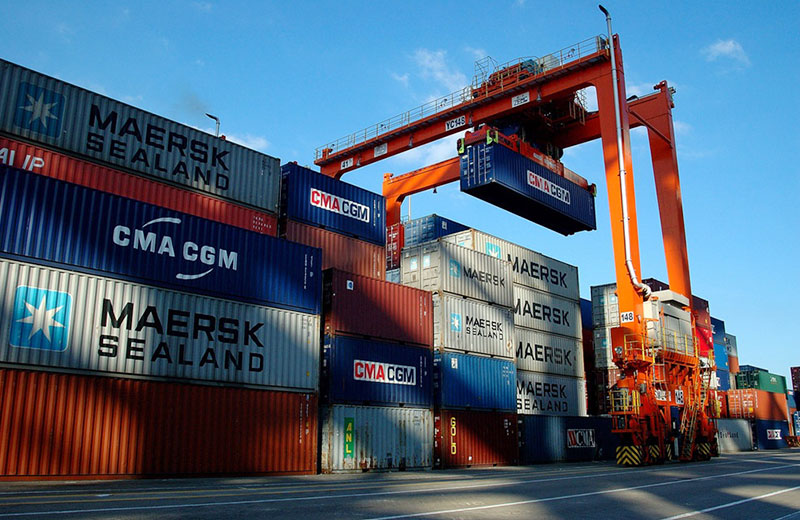July 20, 2020: Half the respondents in automotive and 1/3rd in textile machinery indicated plans to change sourcing strategies. Capital goods, cement and ceramics, chemical, fertilisers and pharmaceuticals said they are not planning to change theirs.
Amid simmering tension between India and China, Indian industry is divided over changing its input sourcing strategies currently heavily dependent on China.
While sectors like automotive, textile machinery are looking at diversifying their input sourcing, capital goods and electronics sectors don’t find it viable, according to the latest quarterly survey of Indian manufacturing by industry lobby group Federation of Indian Chambers of Commerce and Industry (FICCI).
Half of the respondents of the automotive sector and one third of the respondents in textile machinery indicated they are planning to change their raw material and input sourcing strategies. However, capital goods, cement and ceramics, chemical, fertilisers and pharmaceuticals, leather and footwear and textiles sectors said they are not planning to change theirs. Two thirds of respondents of electronics and electricals said they are not planning change source of inputs.
In the crucial chemicals, fertilisers and pharmaceuticals sector which is heavily dependent on China, 78% of respondents indicated that they are not planning to change their raw material/input sourcing strategies. “The remaining respondents stated that they will try to strengthen the in-house manufacturing and some of the key raw material sourcing will be shifted away from one country,” the FICCI survey said.
Chinese imports and investments have been facing new scrutiny in India after a tense border standoff that left 20 Indian soldiers and an unspecified number of Chinese troops dead. India is aiming at reducing trade links with China as part of policy to cut dependence on the country.
India has banned railway and road projects for Chinese companies and has barred 59 apps from the country, including TikTok, on national security grounds. Prime Minister Narendra Modi has said India needs to end its dependence on import of solar panels, which are mostly sourced from China. Earlier this month, power minister R.K. Singh announced India will not allow import of power equipment from China and Pakistan because of cyber-security threats.
The proportion of respondents reporting higher output during June quarter of FY21 has fallen to just 10% as compared to 15% in March quarter of FY20. The future investment outlook looks subdued as only 22% respondents reported plans for capacity additions for the next six months as compared to 28% in previous quarter.
“High raw material prices, high cost of finance, uncertainty of demand, shortage of skilled labor and working capital, high logistics cost, low domestic and global demand due to imposition of lockdown across all countries to contain spread of coronavirus, excess capacities due to high volume of cheap imports into India, lack of financial assistance, unstable market, complex procedures for obtaining environmental clearances, high power tariff, are some of the major constraints which are affecting expansion plans of the respondents,” the FICCI survey said.
Hiring outlook for the sector shows a bleak picture as 85% of the respondents mentioned that they are not likely to hire additional workforce in the next three months. Average interest rate paid by the manufacturers has reduced slightly to 9.4% per annum in June quarter as against 9.9% p.a. March quarter and the highest rate remains as high as 14.5%. The recent cuts in repo rate by RBI have not led to a consequential reduction in the lending rate as reported by 65% of the respondents.
Source: Live Mint








